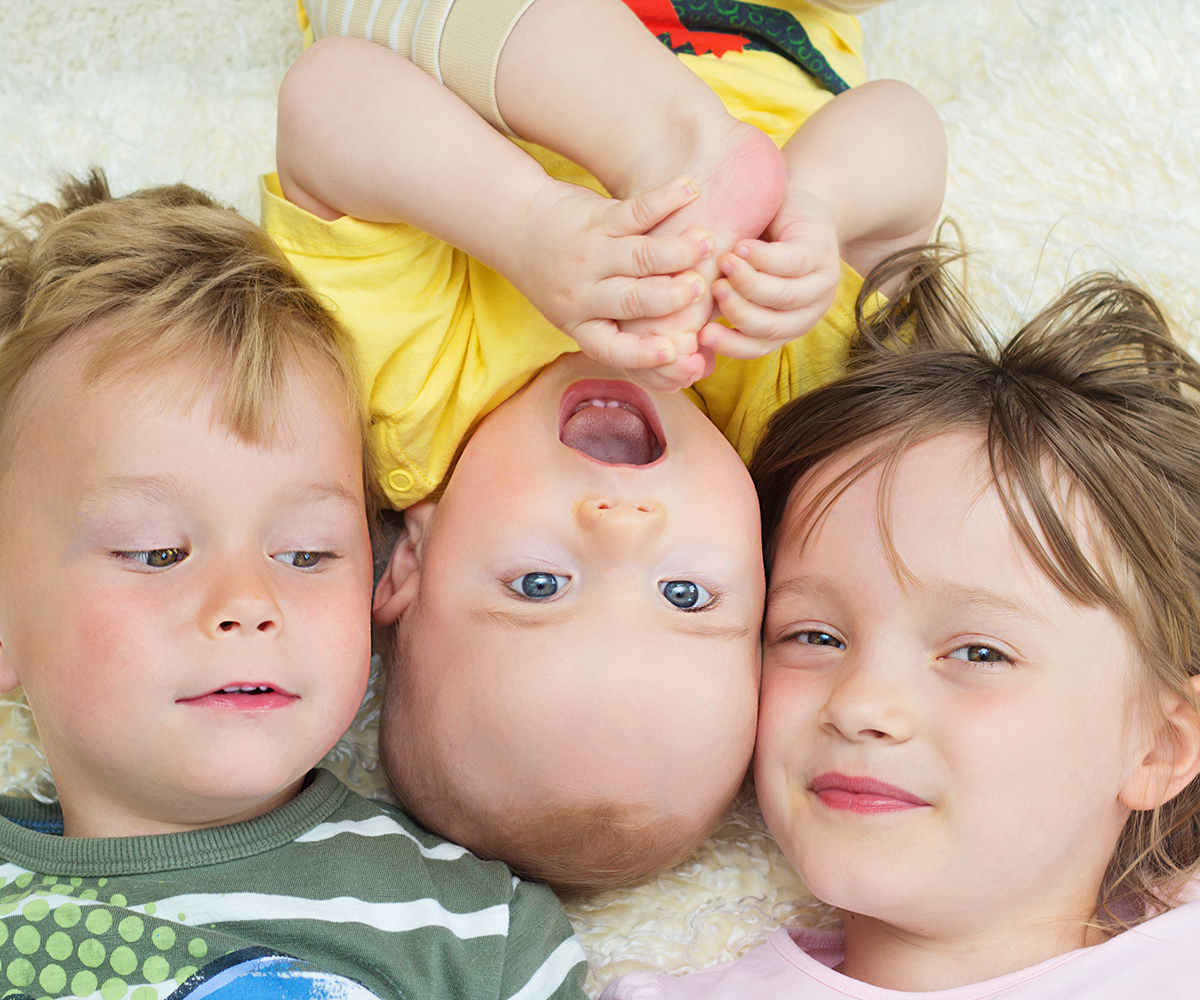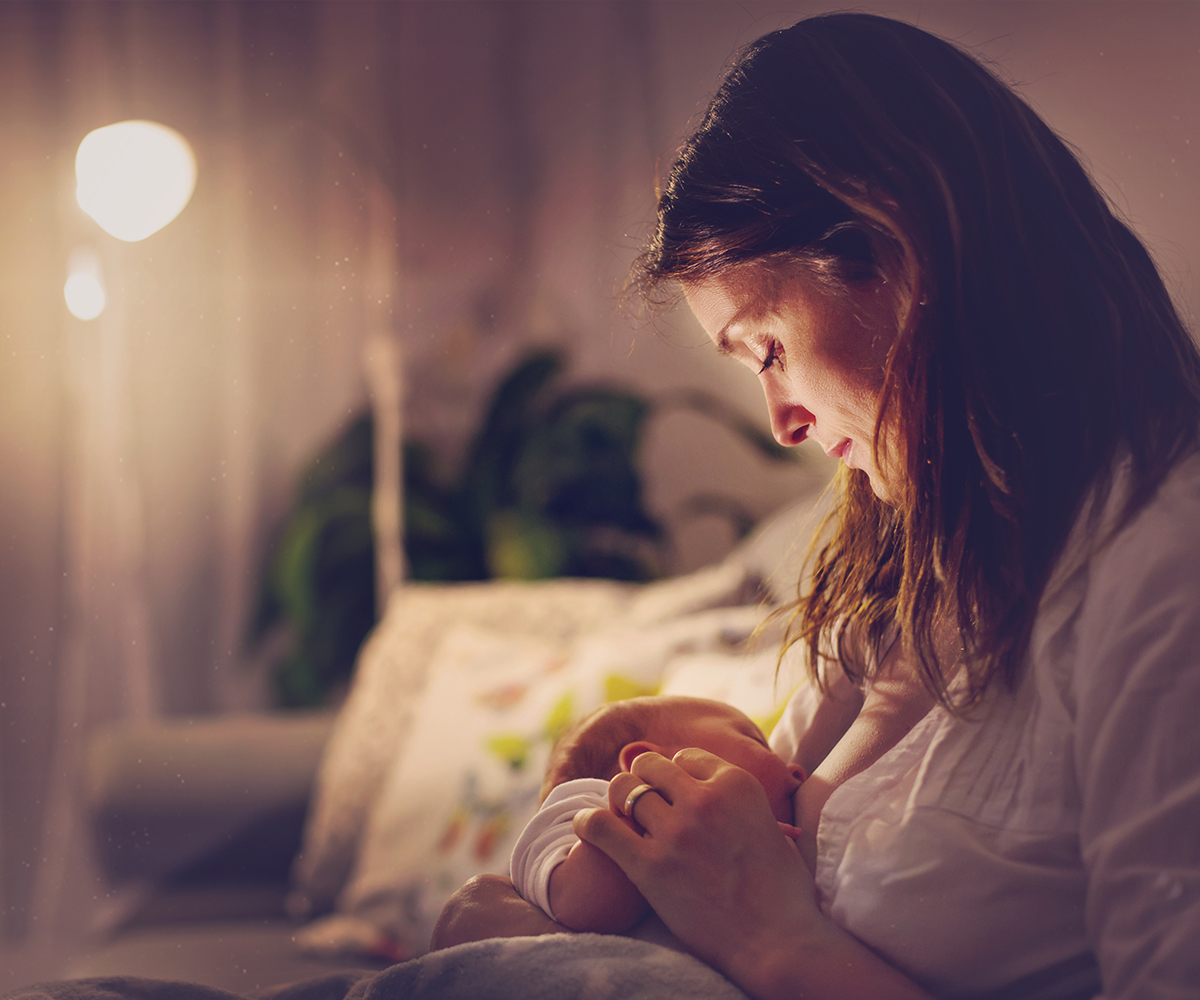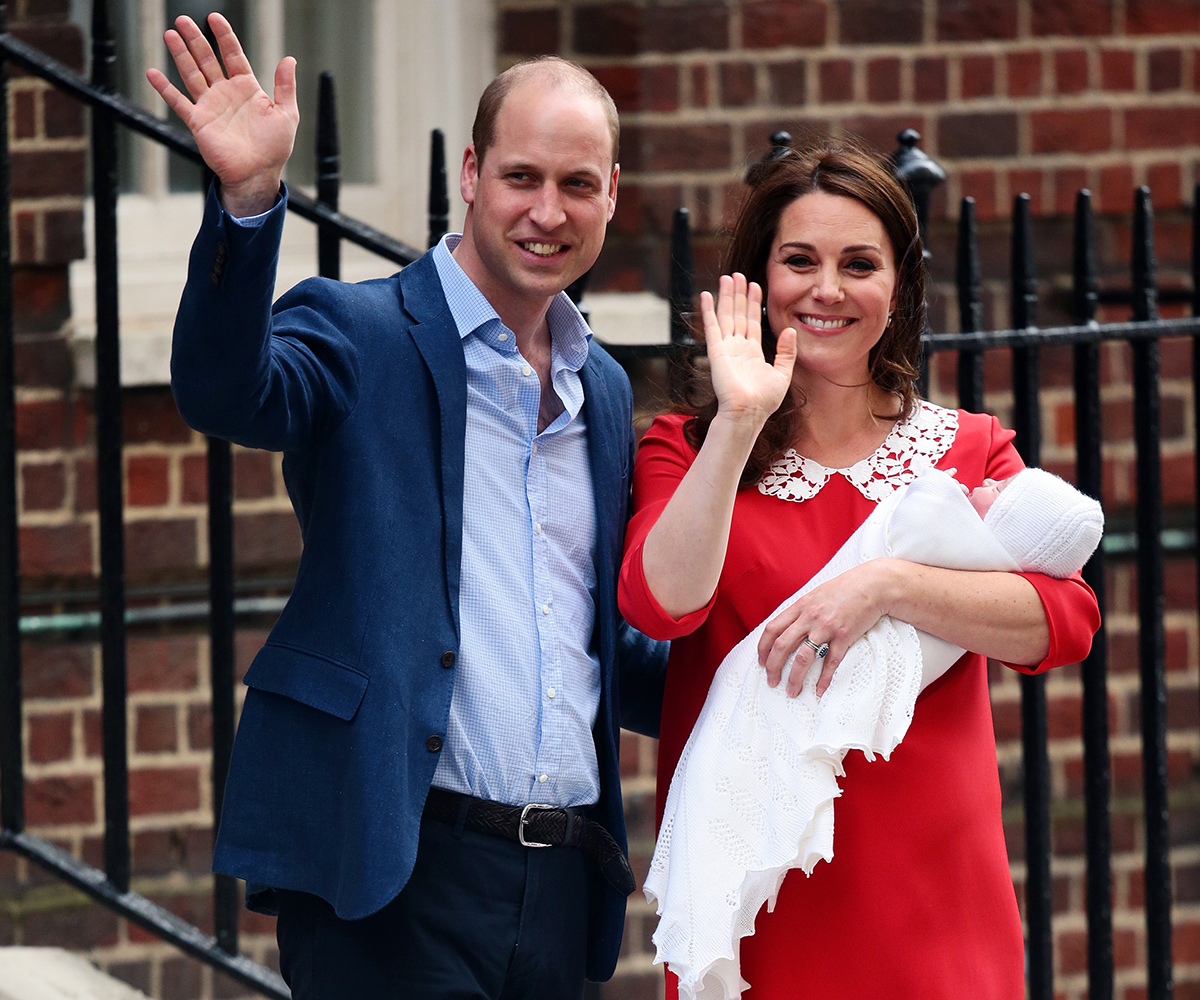As Prince William left Lindo Wing with Duchess Catherine and the couple’s third baby, he turned to media and quipped, “Thrice the worry now!”
With the excitement and joy that comes with having a baby, parents can feel trepidation whether they’re first-time parents or parents of many.
Like those before who’ve made the jump to three, Prince William and Duchess Catherine will be anxious about how they’ll cope and what challenges they’ll face.
While things like finances aren’t going to be a worry, they’ll be caring for a newborn as well as two children under five. Even with good support, there will be lots of adjustments to make.
The good news is your worries don’t triple when you have a third child, says child psychologist and parenting expert Anna Malone from Triple P Parenting, who is a mother of three herself.
In fact, most parents-of-three will tell you their biggest challenge was going from being childless to having one, she says.
But a third child definitely adds a layer of stress; life is busier and noisier and there are lots of new family dynamics to navigate, she says.
We asked Anna to talk about some of the challenges families face when they add a third child to the mix, and how to best navigate them.

Prince William and Catherine, Duchess of Cambridge leave Lindo Wing with their third baby.
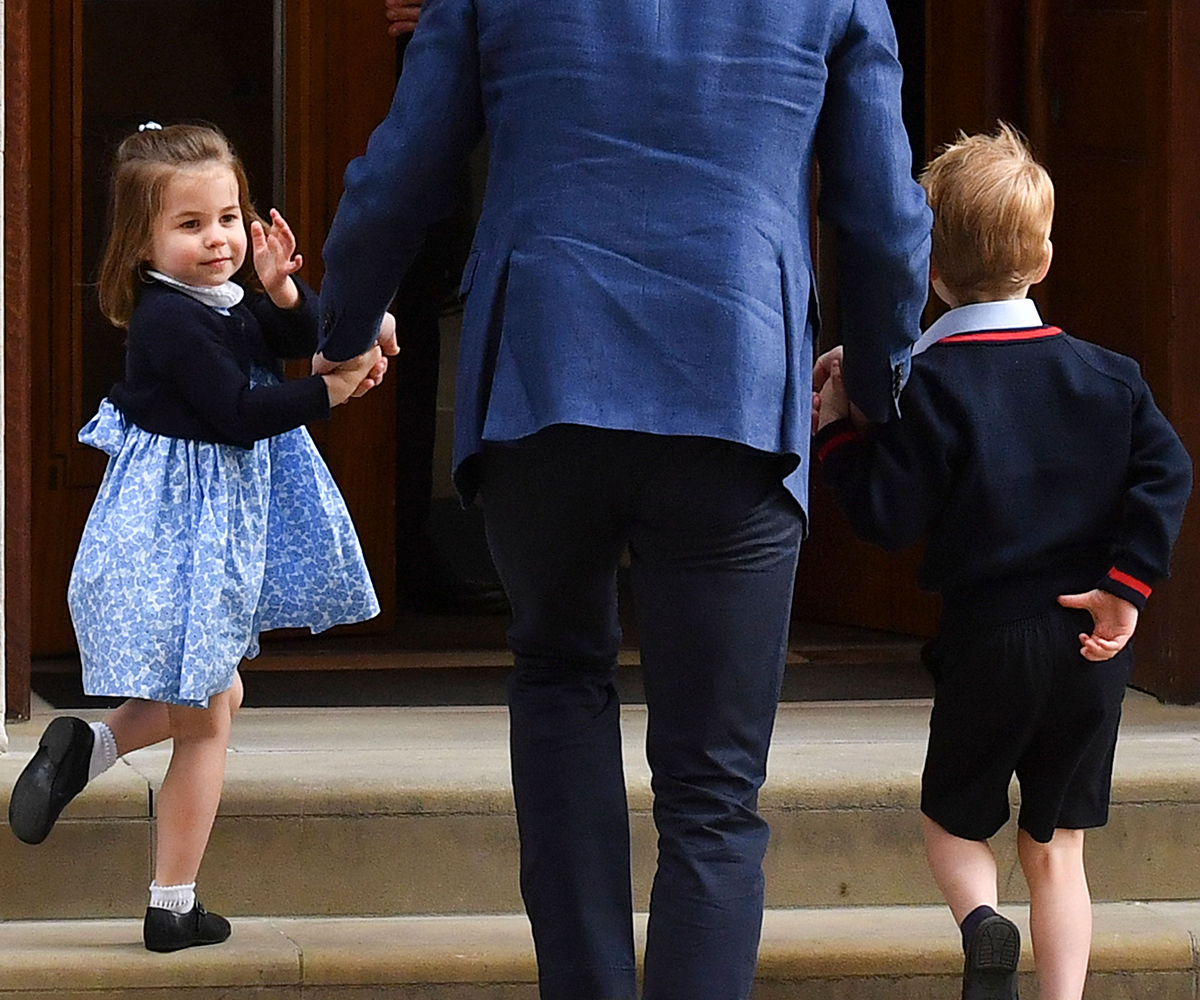
Prince William takes Princess Charlotte and Prince George to meet their new baby brother at Lindo Wing.
Helping your children adjust
It can be difficult for children to adjust to having to share their parents with another human being. The excitement of having a new baby brother or sister can soon wear off when you realise Mum and Dad have less time for you. Depending on their temperament and how high their needs are, older siblings can begin to feel upset, jealous and resentful.
Anna says it’s important parents give children as much information as they can about what it’s going to be like before a new baby arrives.
“You’ve probably already done this with your oldest when your second child came along, but do it again with both children. Explain, in an age-appropriate way, that things will be different for a while; there will be some crying and the new baby will need Mummy and Mummy/Daddy and Daddy/Mummy and Daddy to look after him or her.”
Involve your children in helping with the baby in fun ways, she suggests. When you’re changing the baby’s nappy have them get the nappy for you, or if you’re bottle-feeding they could help you hold the bottle, for example.
Involving them makes them feel important and valued, she says.
When a new baby joins the family, parents often have trusted family members or friends take the older children out so they can spend time alone with the baby. But Anna says it’s equally important to have people take the baby, so your children don’t feel they’re always being sent away.
While parents-of-three never have as much time as they did with each individual child, it can help to change your mindset on that front, Anna advises.
“Forget about trying to set aside large chunks of time to spend with them – you no longer have it – but do make the most of the little moments.
“Every time your children engage with you give them your undivided attention,” she suggests, “so that with every interaction you’re making a connection with your child. This is really valuable for the quality of your relationship.”
While there are varying theories on the impact of birth order, Anna believes it’s important to consider the changing dynamics as another child is added to the family. While the oldest child will always be the oldest child, when a third child enters the picture there’s a new youngest child in town – and your former youngest has to deal with being given a new ‘identity’ as the middle child. It can help them to adjust by talking to them about what makes them special and unique in your family.
Do lots of things together as a family too, to nurture the children’s bonds with one another.
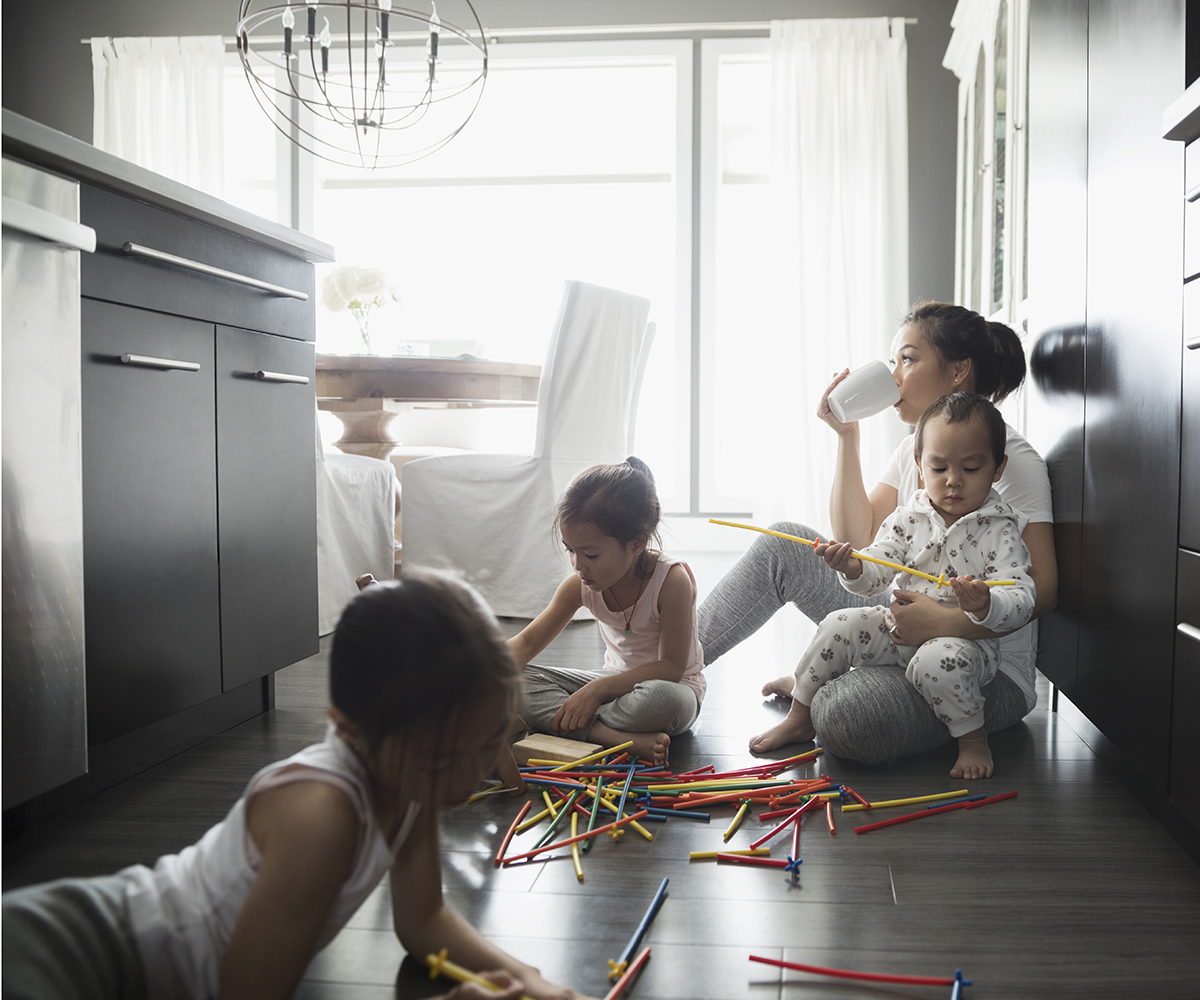
How to adjust as a parent
If you thought you were busy before… well, you’re going to be even busier now. It’s imperative to sleep whenever you can to help keep sleep deprivation at bay.
Forget about feeling guilty about having less time for each child. As long as you’re in the moment when you interact with your child, you’re doing just fine.
Make sure you have good support networks and use them when you need them – it takes a village to raise a child. Accept all offers of help, and ask for help if everybody seems to think you’re doing fine.
“People can assume that because this is your third child you have everything in hand,” Malone says. “But no experience is the same and no child is the same. You’re learning new things even with number three.”
Anna says, “You can feel with number three that the noise levels have risen, the stress has increased, you have a greater work load and you’re now being pulled in three directions rather than two. I remember worrying about how on earth I was going to take my five year old, my 19 month old and my baby to the supermarket on my own. I had this moment of thinking ‘oh my god, I can’t cope’. Public scrutiny can be scary. But other parents have been there before, most are quite sympathetic and if it turns to custard you can always leave the shopping and go back and try again tomorrow.
“Just try to be in the moment and don’t worry about what’s next, what’s next, what’s next. The calmer and more relaxed you can be, the better things will go – with a little bit of being organised too!”
